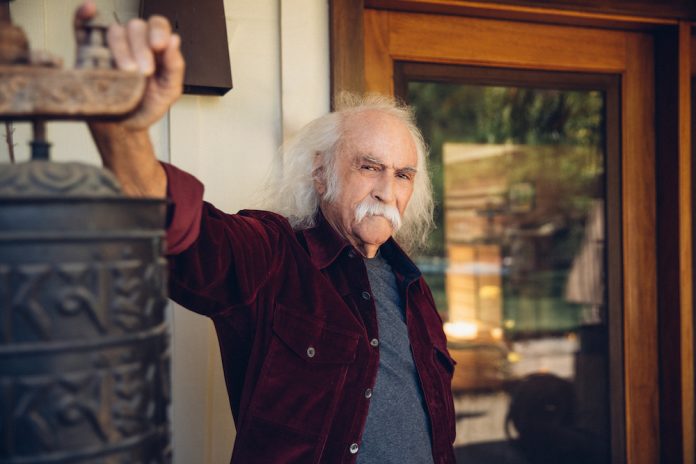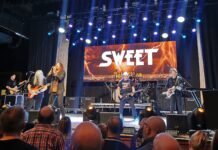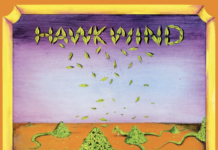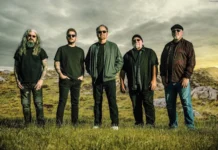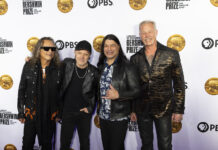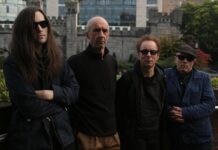As a sixties counter-cultural icon, a man whose work helped define a generation through being a founding member of two seminal bands, (The Byrds plus Crosby Stills and Nash) a two-time inductee into the Rock ‘n Roll Hall of Fame, an inductee into the songwriters guild, as well as possessing one of the finest harmony voices of his generation, David Crosby needs no introduction.
Since 2016 with the schism between Crosby, Stephen Stills, Graham Nash, plus Neil Young, that is seemingly unbridgeable, meaning the band are no more, Crosby has been mining a rich vein of creativity – For Free is his fifth album since then. Largely now going his own way and also full time in his new band (CPR) Crosby’s been giving free rein to his composing talents. On this album he’s come up with another set of self-penned songs, confirming his creative spark has yet to burn itself out. The only exception being title track, ‘For Free’ Joni Mitchell’s paean is about: while she gets well paid to play, others who’re just as good ‘play real good for free’ in the park. Here Crosby and Sarah Jarosz merge their voices in a spellbinding manner.
If you know Crosby’s work, you’ll know his songs are usually recognisable due to the quirky chord structures he occasionally uses, and he keeps this going on For Free with tracks like ‘Secret Dancer’ and ‘Boxes’. His best work is of course, some way behind him but he’s still capable of knocking out some quite delightful tunes, such as the beautiful ‘Other Side of Midnight,’ and ‘I think I,’ a song about the problems of making your way through life. He employs a very sparse arrangement on the superb ‘Shot at Me,’ a true story about a soldier claiming it’d been a good day because nobody shot at me today. There are a couple of special guests on the album, one being ex-Steely Dan man Donald Fagan, and the familiar smooth fusion of ‘Rodriguez for a Day’ makes it sound like his former band. The track of the album, though, is the wonderful ‘I Won’t Stay For Long,’ on which Crosby gives his best vocal performance on the album on a song where he confronts his own mortality.
But the one thing missing from Crosby’s vocals is the contribution from Graham Nash. On ‘River Rise’ Crosby sings with Michael McDonald and, as good as it is, it lacks that special, indefinable ‘something’ the two men produce when they harmonise together. Only Nash can make Crosby sound like Crosby. But this is as good as can be expected from a man, about to celebrate his eightieth birthday, who has nothing to prove to anybody.

